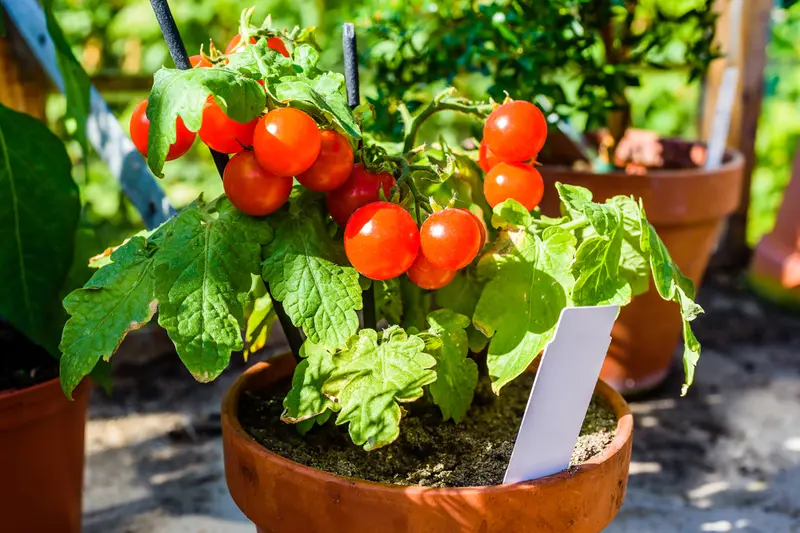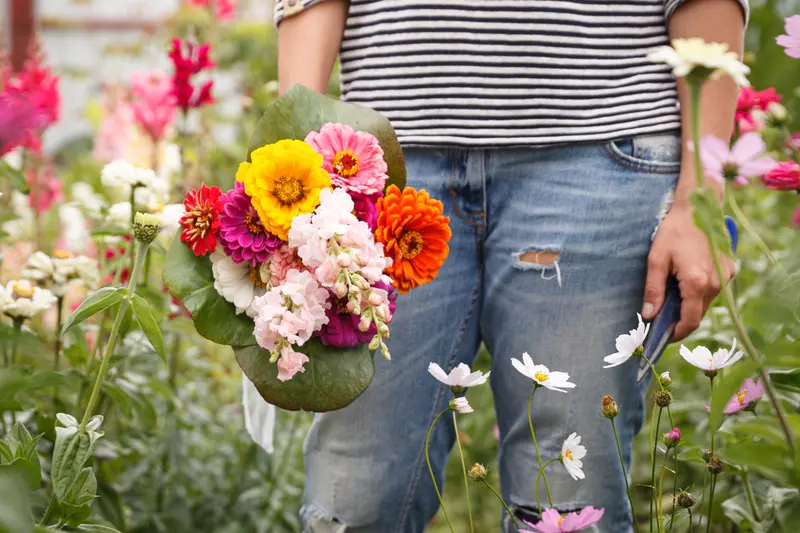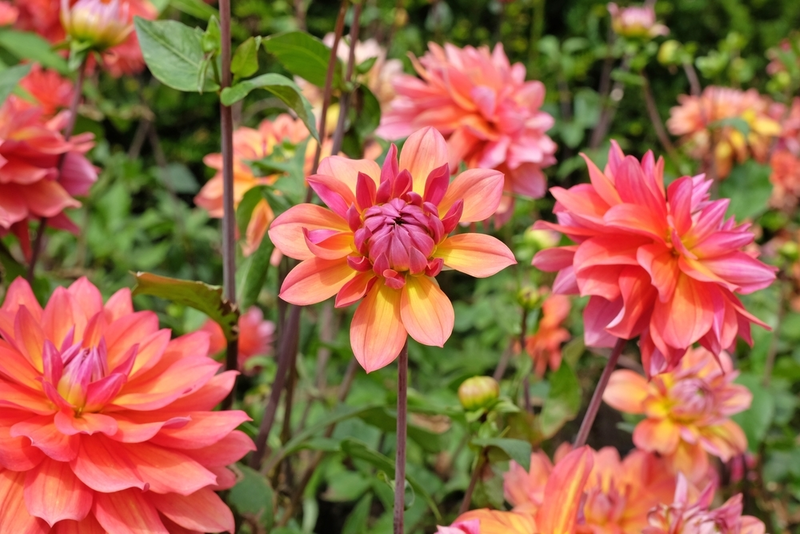
Campanulas are a welcome sight in our gardens in summer. With their beautiful bell-shaped flowers in shades of white or soft pink, sky-blue or rich purple, these cottage garden classics flower for weeks on end. But did you know you can also grow campanulas indoors? Pick the right ones, treat them kindly, and they’ll reward you with months of beautiful blooms on your windowsill. Find out everything about the houseplant of the month: Campanula.
Campanulas to grow indoors
Not all campanulas make excellent indoor plants. So, when you buy a campanula, always check the cultivation information to see whether it’s suitable for growing indoors. Here are a few campanulas that grow well indoors:
- Italian bellflower (Campanula isophylla) is a trailing variety with long stems bearing masses of pale blue or white flowers. Train the stems up a cane or small trellis, or let them cascade over the side of a container.
- The campanula ‘Ambella’ range (Campanula portenschlagiana Ambella) can be grown indoors or outside. It forms neat mounds of foliage covered in deep purple or blue flowers through the summer months.
- Haylodge bellflower (Campanula x haylodgensis), another good campanula for indoor growing, has attractive double flowers but can be tricky to find.
Growing campanula indoors
Campanulas prefer moist, well-drained soil, so plant your campanula in a pot with good drainage, filled with multi-purpose potting compost. Good light is essential. Most campanulas that are suitable for indoor growing tend to need at least 13 hours of sunlight a day all year round to develop flower buds. In summer, they will grow well on a sunny windowsill, but take care they don’t dry out in hot summer sun. In winter, when the days are shorter, you may need to use grow lights to provide additional light, but fortunately, with houseplants becoming increasingly popular, both fluorescent and LED grow lights are now readily available online.
How to care for an indoor campanula
During the growing season from May to September, water your campanula regularly to keep the compost moist. Don’t overwater houseplants so much that the roots are sitting in soggy compost, as this is likely to result in root rot or death. Feed fortnightly with a balanced liquid feed. Keep deadheading as flowers fade, and once the plant has finished flowering, be ruthless and cut it back to around 2.5cm (1in) high.
Once October arrives, it’s time to overwinter your campanula. Place it somewhere bright but cold (4-10ºC/39-50ºF), to allow the plant to rest, and water sparingly, just enough to stop the compost drying out completely. In February, move your campanula to a warmer spot and gradually increase the frequency of watering as it comes back into growth.
Flowering houseplants are a beautiful, long-lasting alternative to cut flowers. If you’re looking to add colour to your home, visit our garden centre and take home a plant that will bring you months of pleasure.






